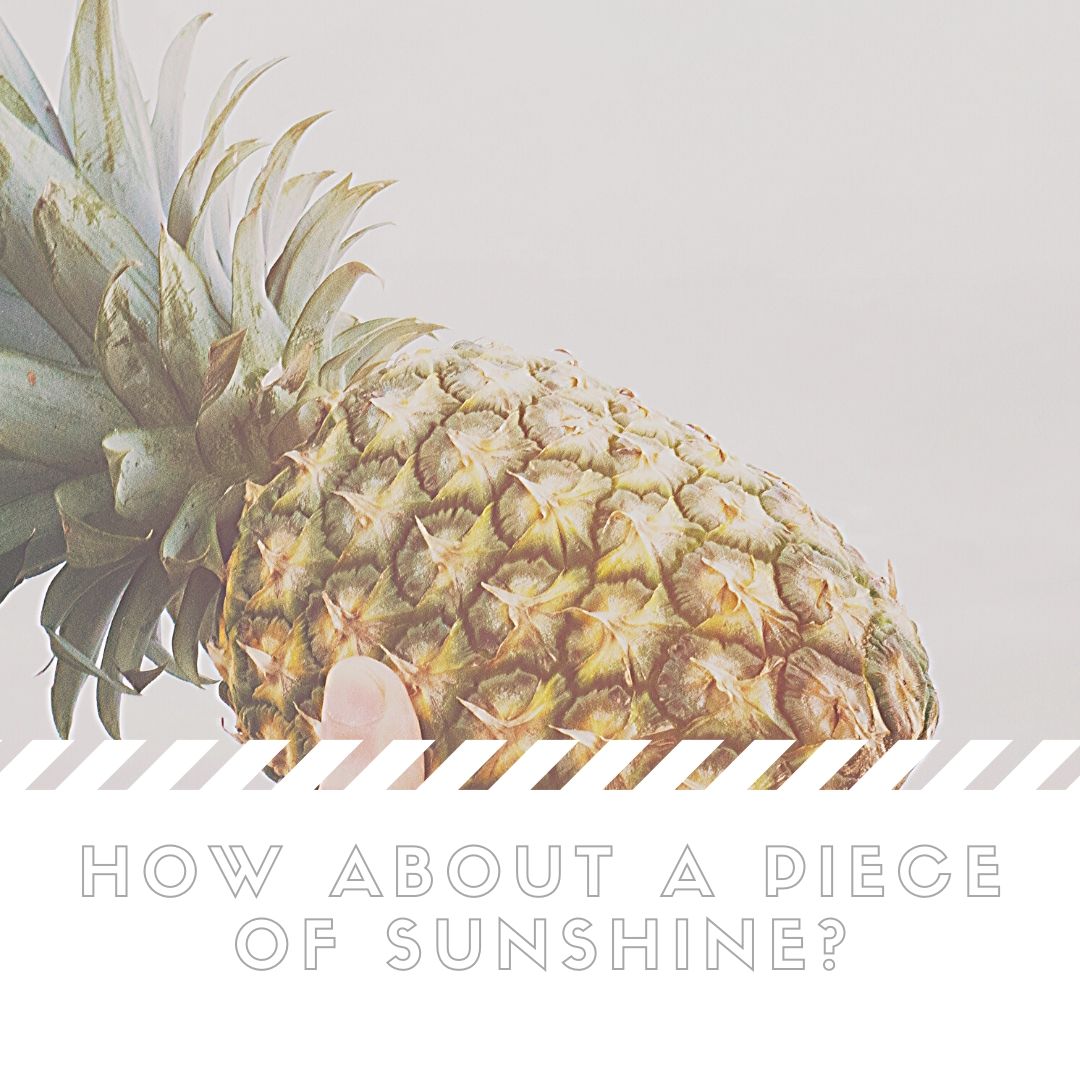
Vitamin D is essential for strong bones as it helps the body to use calcium from the diet. It is also essential for immunity, hearth health and much more. Vitamin D deficiency is a common health problem in the UK with some regions showing between 70% and even 100% of the local population to be deficient.
-The Association of UK Dieticians.
What happens if I don't get enough Vitamin D?
Some babies are born with low levels of vitamin D and some do not get enough in breast milk; this can result in fits or rickets.
Older children who do not get enough vitamin D can also develop rickets. Rickets can cause permanent deformities to the bone, weaken muscles and reduced growth. Wellness Lab does not manufacture Vitamin D for infants.
Adults who don’t get enough vitamin D run the risk of developing osteomalacia. This makes bones softer as the minerals needed to maintain strong bones cannot get into the bone. People with osteomalacia experience bone pain and muscle weakness.
Groups at risk of Vitamin D deficiency include:
- Infants that are breast-fed without supplementation with baby formula are at high risk of vitamin D deficiency, because human milk is a poor source of Vitamin D. We don't manufacture vitamin D for infants.
- Premature, low birth-weight infants may be prone to Vitamin D deficiency through their lives as liver and kidney function for Vitamin D metabolism may be inadequate. We don't manufacture vitamin D for infants.
- Pregnant and breastfeeding people. Always consult a GP before taking our Vitamin D or any food supplement.
- People over 65 years old have a reduced ability to produce Vitamin D in the skin by UVB exposure. Elderly people produce 4-times less vitamin D when exposed to the sun, as compared to younger people.
- Vegans & Vegetarians often have a limited meaningful dietary sources of Vitamin D3, and supplementation is highly recommended.
- People with diseases that affect the thyroid gland, kidneys or liver are at greater risk of deficiency. Always consult a GP before taking our Vitamin D or any food supplement.
- Housebound individuals are at great risk of Vitamin D deficiency.
- Dark-skinned people produce less Vitamin D3 in the skin by UVB exposure, as the darker melanin provides a natural UV filter.
- Individuals living in the Northern Hemisphere are exposed to insufficient levels of UVB sunlight to produce adequate levels of Vitamin D, especially during the winter months. The further North you live, the less sufficiently strong sunlight there is for you to make vitamin D.
- Individuals that cover-up for religious or climatic regions are at risk, as clothing restricts the skin’s ability to produce adequate levels of Vitamin D through UVB exposure. This is one reason populations in hot and sunny countries such as India are prone to Vitamin D deficiency.
- Individuals regularly applying high SPF sun blocks may be at risk of Vitamin D deficiency. Sun protection is of course of absolute paramount importance in sunny, high UV regions, however regular use of sunblock has been linked to Vitamin D deficiency by restricting the skin’s ability to produce adequate levels of Vitamin D through UVB exposure. A little sunshine is healthy for the skin as this allows for the natural vitamin D production but you do not need to sunbath to make vitamin d. You should cover your skin with sun protection when the sun is strong or all of the time when outdoors and balance safety with vitamin d intake and/ or production. Read more about sun safety here.

